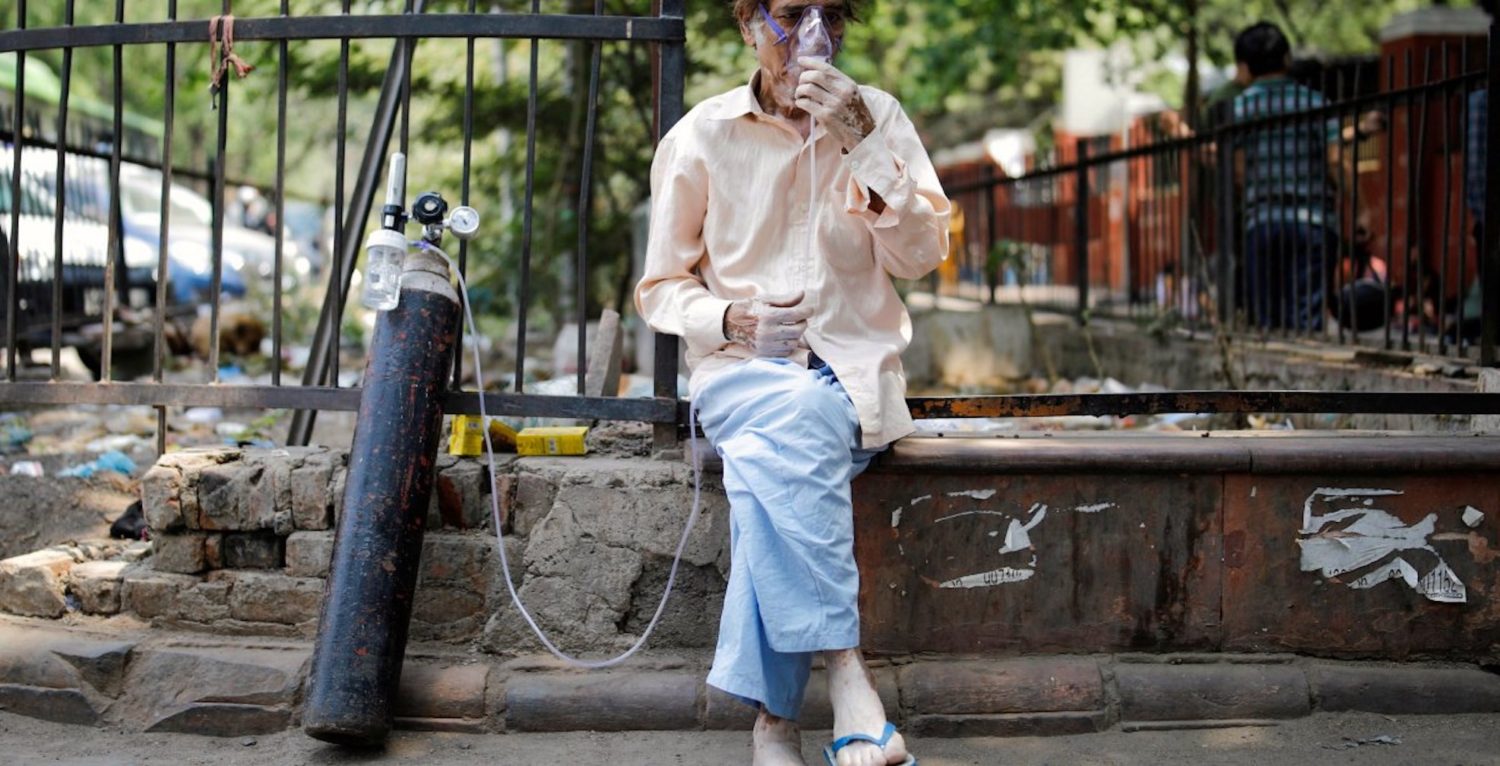Small doses
Wealthy countries must end vaccine apartheid. Heidi Chow explains.
As the crisis in India continues to shock the world, it is a reminder that a picture of two pandemics is emerging – the pandemic in high income countries where vaccine roll out programmes have driven down case numbers accompanied by lifting restrictions and the pandemic in the global south where countries are facing second and third waves completely unprotected. We are in the situation because wealthy countries like the UK, US and the EU raced ahead with to hoard vaccines doses and how have enough doses to vaccinate their entire populations nearly three times over by the end of 2021. Meanwhile, nearly 70 low-income countries will only be able to vaccinate one in 10 people this year.
This level of grotesque vaccine inequality has been described by the World Health Organization as ‘a catastrophic moral failure’. So far, 82 per cent of global vaccinations have been administered in high income countries, while just 0.2 per cent have been given in low income countries. Studies show some countries in the global south are set to wait up to 2024 before they achieve widespread vaccination.
The government’s UK-first policy is not just dangerous but self-defeating. Ensuring there are enough vaccines for everyone, everywhere is crucial to avert an even higher death toll. Academic research shows that we could prevent 61 per cent of deaths globally if vaccines are distributed fairly, compared to 33 per cent if rich countries hoard vaccines. Implementing national vaccine programmes in rich countries alone is not enough: leaving the virus to spread unabated in large parts of the world allows it to mutate, potentially rendering the effective vaccines of today, useless tomorrow. It is also economically short-sighted. The International Chamber of Commerce estimates that leaving developing countries without vaccines will cost rich countries $4.3tn in lost income in 2021.
So how did we end up with this vaccine apartheid?
Rich countries bought up supplies in advance because they recognised there would not be enough for all. And in the face of scarcity, it is those with the deepest pockets that get to hoard. Redistributing excess doses could provide some immediate relief to other countries but the real question we need to ask, is why are we facing scarcity and how can we ensure there is enough for all?
Pharmaceutical companies can patent their products which means only they can sell their vaccine or treatment, essentially preventing competition for a minimum of 20 years. They also defend their monopolies by keeping their technological know-how under wraps – only they know the recipe for their vaccines. But monopolies are the opposite of what we need in a pandemic. No one company can satisfy global demand.
Instead of restricting production to a handful of companies, we should be mobilising as many manufacturers as possible. One way to do this, is to get companies to share their technological know-how and patent rights with other companies. The World Health Organization launched a mechanism last year – the Covid-19 Technology Access Pool – to facilitate this. The UK has still not joined and pharmaceutical companies have condemned the scheme, with the head of Pfizer dismissing it as ‘nonsense.’
So how do we get companies to cooperate? Since the vaccines that have been approved have all benefited from billions of pounds in public funding (as shown by data from global health think tank Policy Cures Research), governments should be using their leverage to mandate companies to join the pool. Publicly funded vaccines should not be locked up by monopolies and exploited for profiteering but should be global public goods.
Ultimately, voluntary sharing of know-how and patent rights is dependent on the good-will of companies to do the right thing – and when they do not, governments need to step in.
At the World Trade Organization, the Indian and South African governments proposed to suspend the global rules on patents. The proposal would cover all Covid-19 health products and last until widespread vaccination is in place. If approved, this would break up monopolies on Covid-19 vaccines and treatments, allowing as many suppliers as possible to maximise global supply. While 100 countries support the proposal, just a handful of rich countries are opposing it, including the UK. The Biden administration earlier this month changed the US position and is now in support of suspending patents on vaccines.
Instead, of supporting this plan to allow the global south to make doses, the UK government is pinning its hopes of fairer distribution on Covax – the global vaccine purchasing scheme – which is struggling to access doses because of the artificial scarcity created by pharmaceutical monopolies. The scheme is also seriously underfunded and has been undermined by rich country’s ‘me-first’ bilateral vaccine deals.
Every country should have access to the vaccine and treatments to combat this virus. It is about the right to health for every person, but it is also an economic and public health imperative for all. Countries in the global south need equitable access not just the crumbs from rich countries and the world can only produce sufficient doses for all countries if governments back these systemic changes.
*This is an updated version of a piece which was first published in the Spring 2021 Fabian Review.
Image credit: Ninian Reid/Flickr

